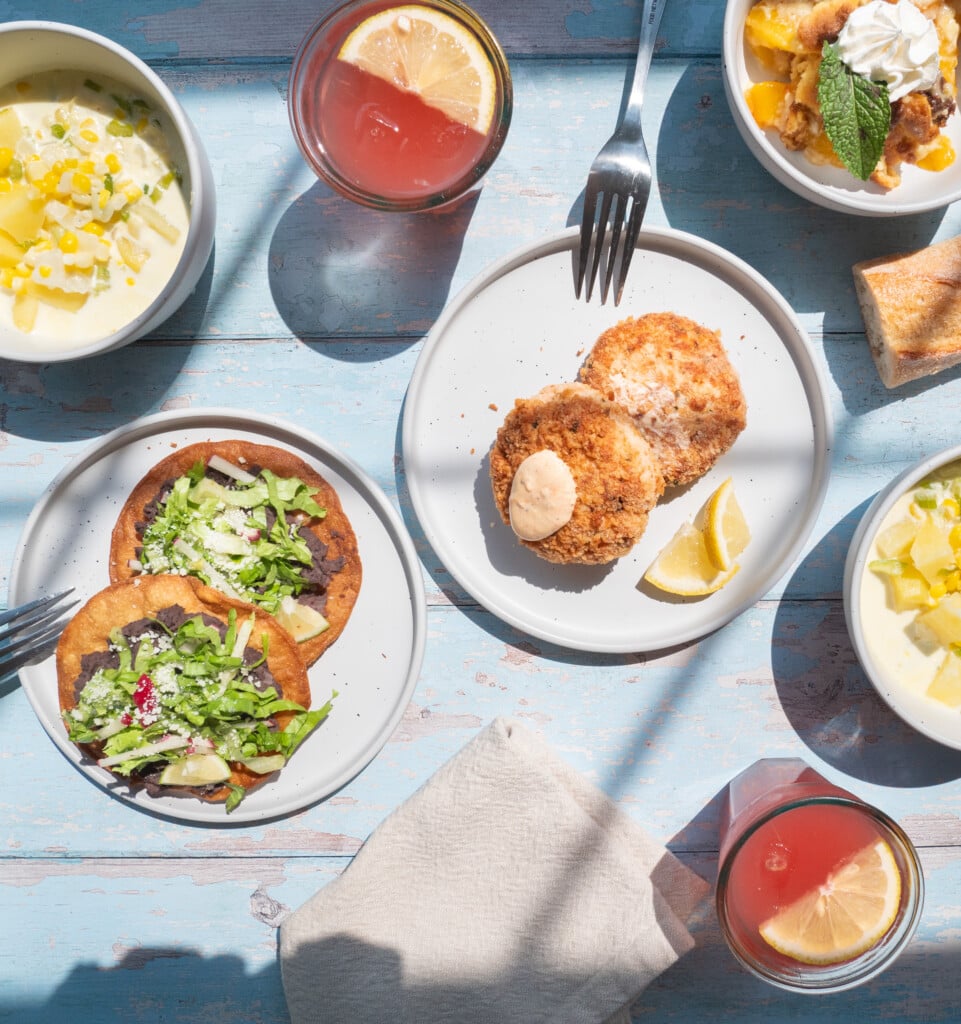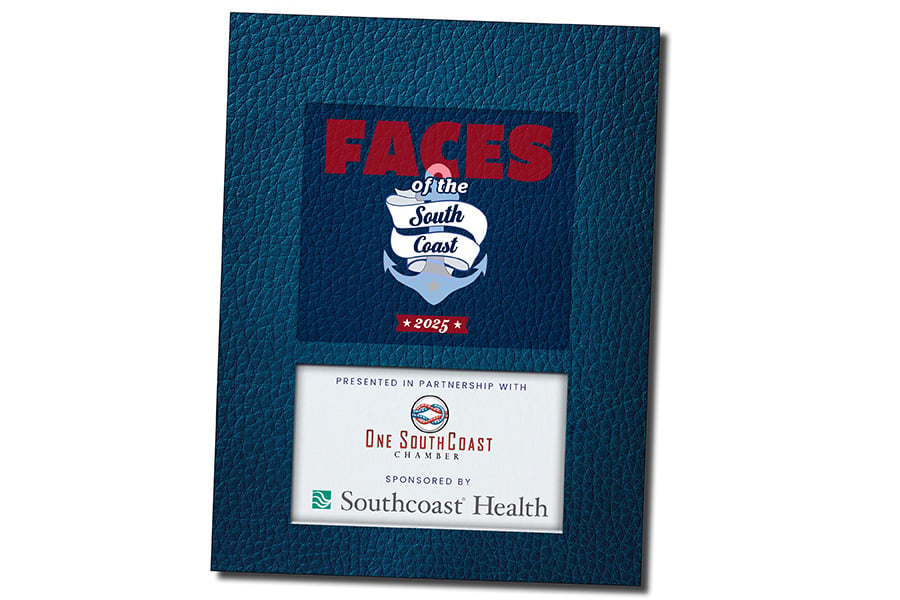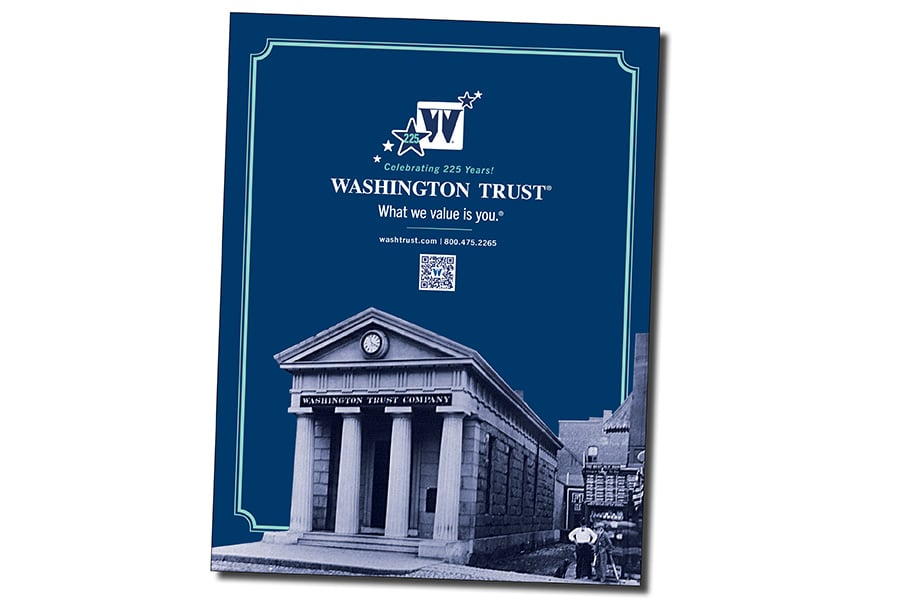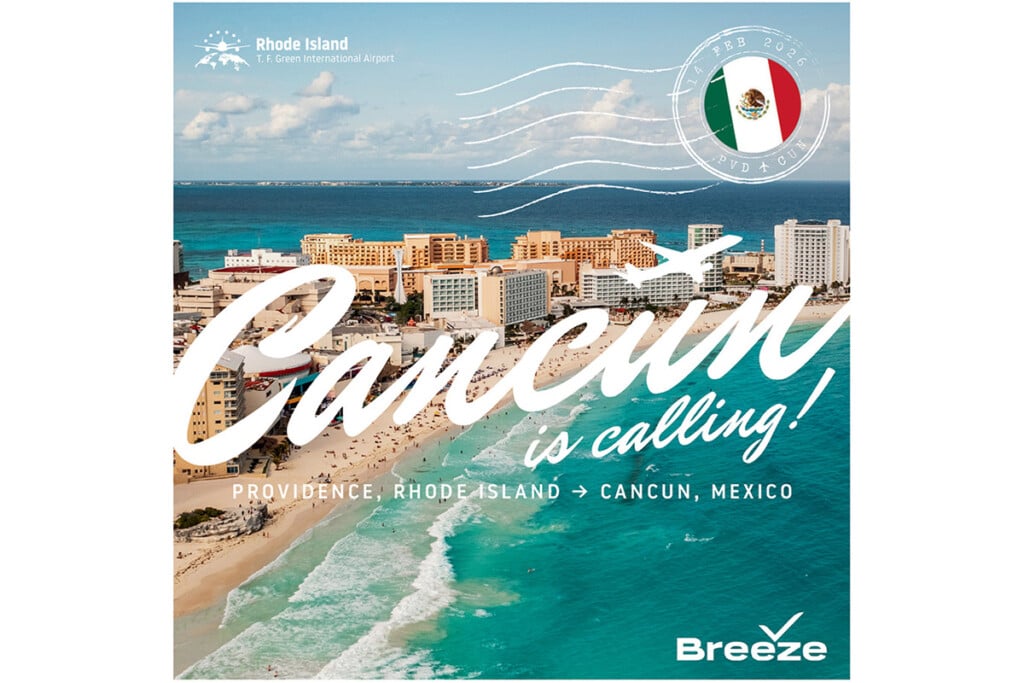Are Rhode Island’s Craft Beer Laws Too Strict?
A forum hosted by RIPBS and The Public's Radio explores the future of craft beer regulations in Rhode Island.

RIPBS and The Public’s Radio hosted “State of the Brew: A Panel on the Future of RI Breweries” on Wednesday, May 7, at The Guild. (Photo by Lauren Clem)
This article initially appeared in On Tap, a newsletter focused on the latest craft brewing and distilling news in Rhode Island. Subscribe by clicking here.
It’s no secret that Rhode Island has a lukewarm reputation when it comes to supporting small businesses.
The state consistently ranks near the bottom in national ratings on business friendliness, and residents and business owners alike love to complain about everything from the unreliable infrastructure to high housing and real estate costs.
The latest industry to voice concerns? Breweries.
During an event at The Guild Wednesday night, members of the local craft beer community — along with lawmakers and representatives of Teamsters Local 251 — discussed the current state of craft beer regulations in Rhode Island. The panel was organized by Rhode Island PBS and The Public’s Radio and included a screening of political reporter Ian Donnis and editor Jeremy Bernfeld’s recent reporting on the issue, which highlights the challenges facing the state’s craft brewers
Matt Gray, a panelist and co-owner of Ragged Island Brewing Co. in Portsmouth, says that despite the state’s reputation, most of its challenges can be overcome by individuals committed to opening a business. Still, Rhode Island breweries face unique restrictions that don’t apply to other industries.
“A brewery business in Rhode Island, especially a craft brewery business, is a new theory,” he says. “We’re still working through some of the challenges that we face and some of the legalities of what can a Rhode Island craft brewery do.”
A decade ago, craft brewing was still a fairly new concept in Rhode Island, with taprooms approached as places to sample a product rather than pick up cans or spend a Saturday afternoon. Since then, laws have expanded the amount of beer visitors can purchase and allowed can and growler sales for offsite consumption, but many restrictions remain.
One of those restrictions is a law prohibiting breweries from selling their products directly to liquor stores. Breweries that want to sell beer in liquor stores need to either form a distribution company or hire a third-party distributor to carry their product. The law is based on a three-tiered system in place since the end of Prohibition that defines retailers, distributors and manufacturers as distinct entities with separate roles.
In Gray’s case, the current status quo means creating a separate company, Donovan Gray Distribution, to sell Ragged Island beer to liquor stores.
“I just want to have control over my brand’s relationships with retailers,” he says.
Carol Hagan McEntee, a panelist and state representative from South Kingstown who also serves as chair of the House Small Business Committee, says she’s working to reform the legislation to make it easier for breweries to sell their products. That involves negotiating with the state’s labor unions, who’ve traditionally backed the existing three-tiered system. Matt Taibi, a panelist and secretary treasurer for Teamsters Local 251, spoke at the panel on behalf of the truck drivers, warehouse workers and merchandisers who depend on the distribution system for jobs.
“[Craft breweries] have gone into this business knowing the rules, knowing the structure. They want to succeed,” he says.
Though no legislation has been proposed yet in the current session, McEntee says she’s working on finding a compromise that would exempt smaller breweries from the three-tiered system, allowing them to sell directly to liquor stores. Breweries that produce above a certain limit — most likely between 5,000 and 7,500 barrels per year — would still be required to use a distributor.
“Many of the retailers love having the local beer on their shelves,” she says. “This is a win-win for the retailers as well as the brewers.”
No agreements materialized over a beer on Wednesday, but the event offered an opportunity for both sides to openly discuss the issue. Some might see that as progress from last year’s legislative session, when craft brewers pushed back against a bill that would have further restricted the system, prohibiting them from setting up their own distribution companies.
For a deeper dive into the legal challenges facing Rhode Island breweries, check out Donnis and Berenfeld’s reporting here.
RELATED ARTICLES
On Tap: The Latest Brewery and Distillery News In Rhode Island
An Irish Pub-themed Brewery Is Coming to Bristol
NA Beers are Taking Off. Local Breweries are Taking Notice.




























